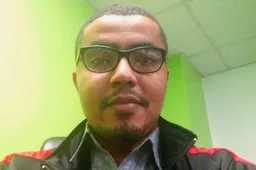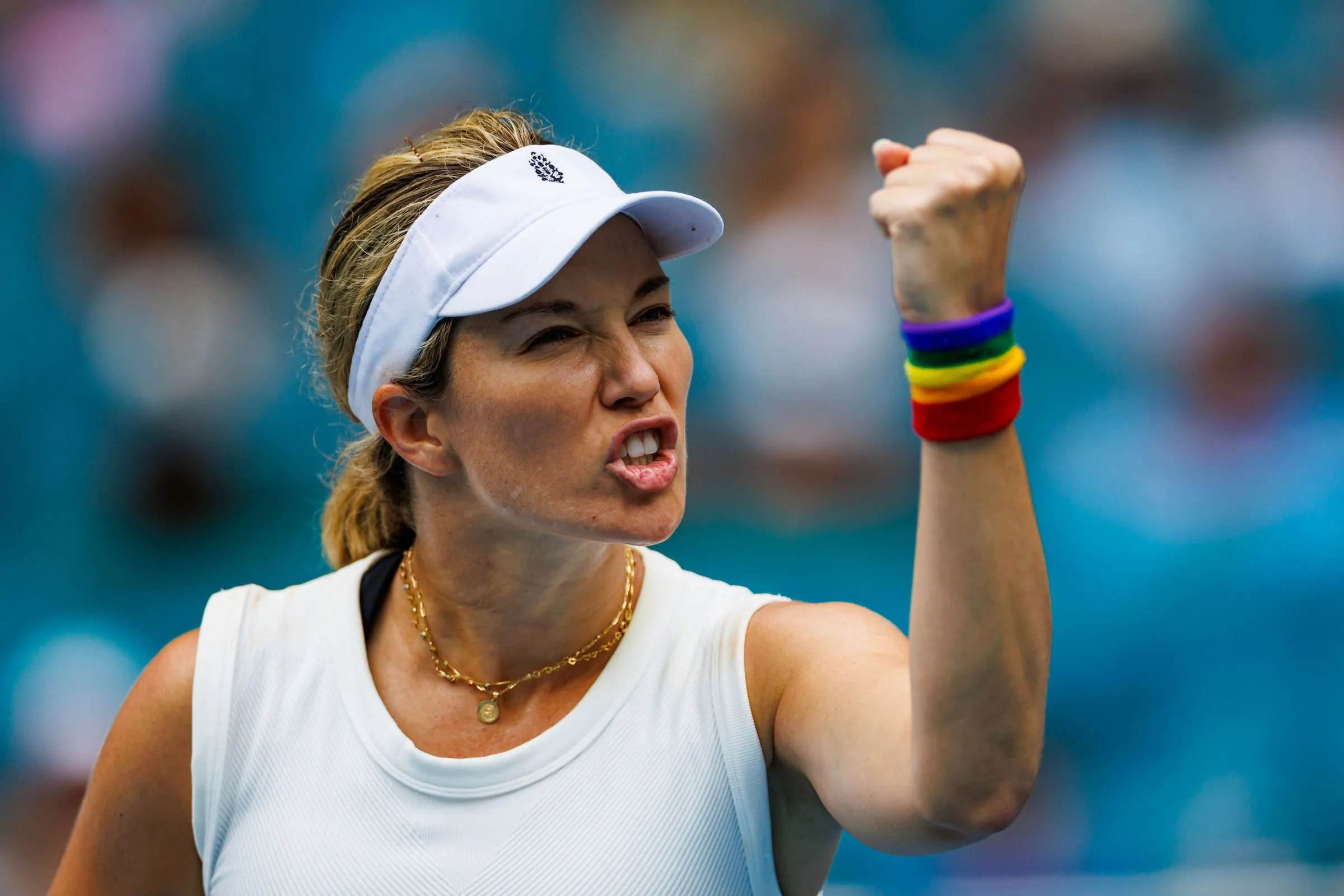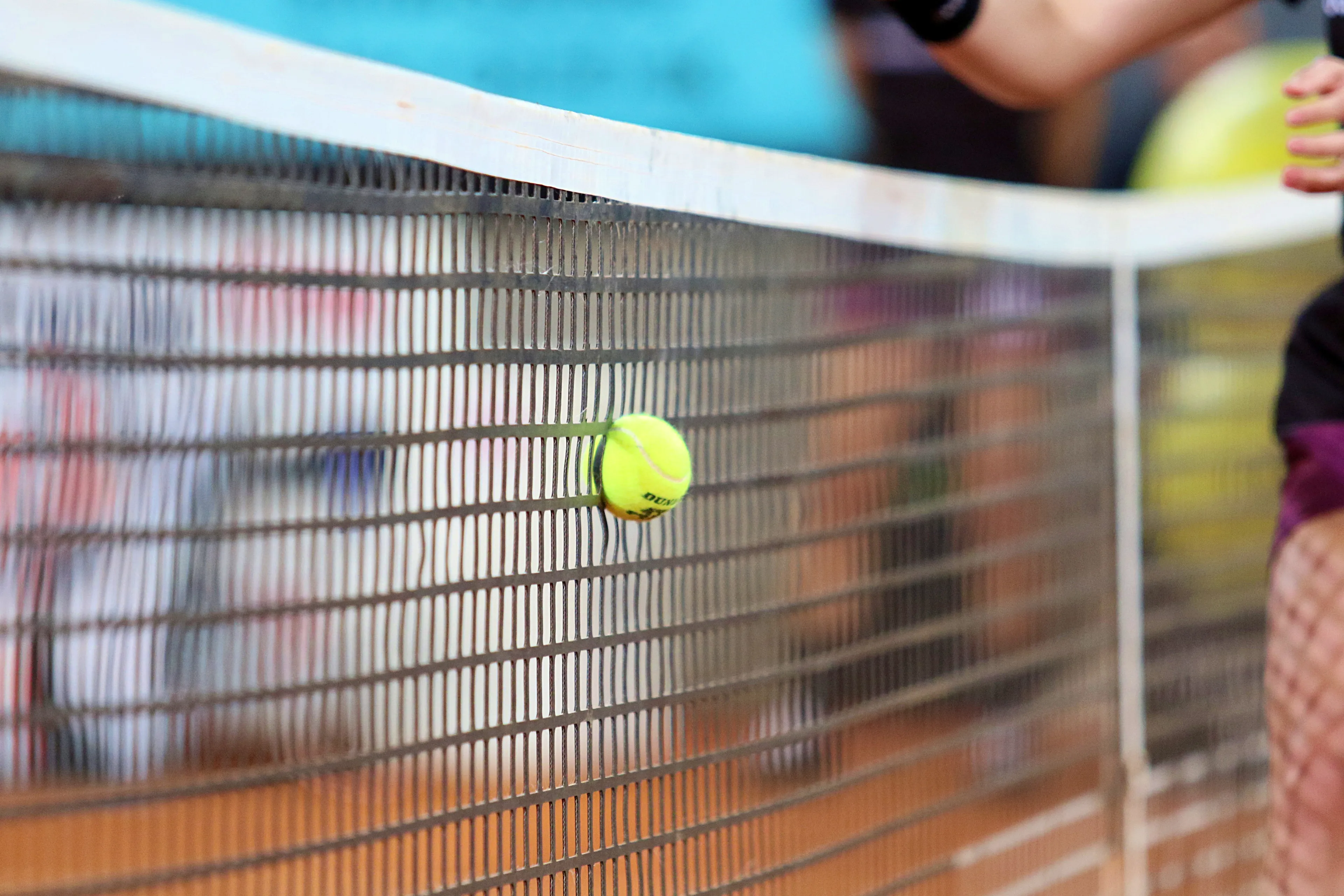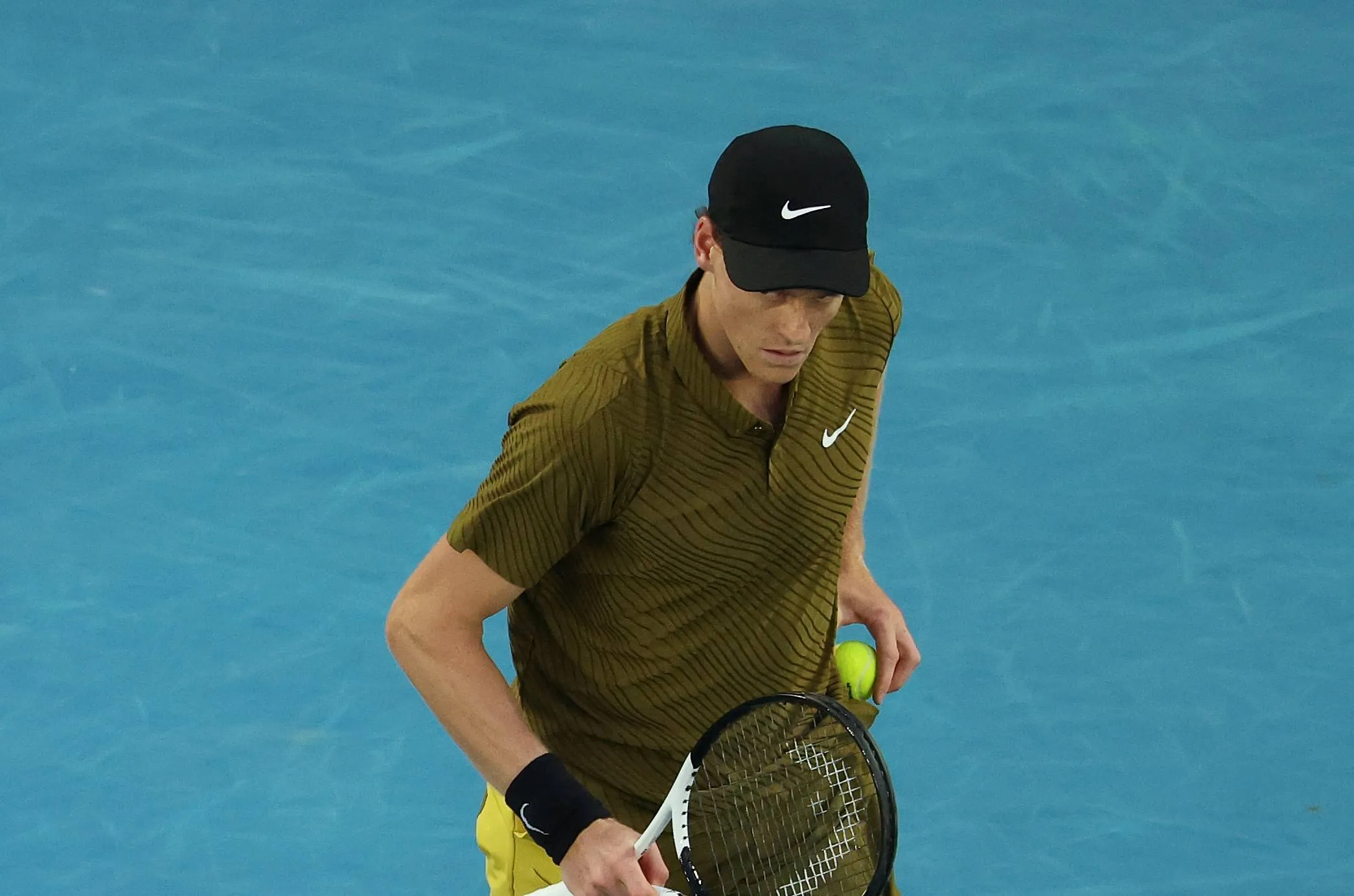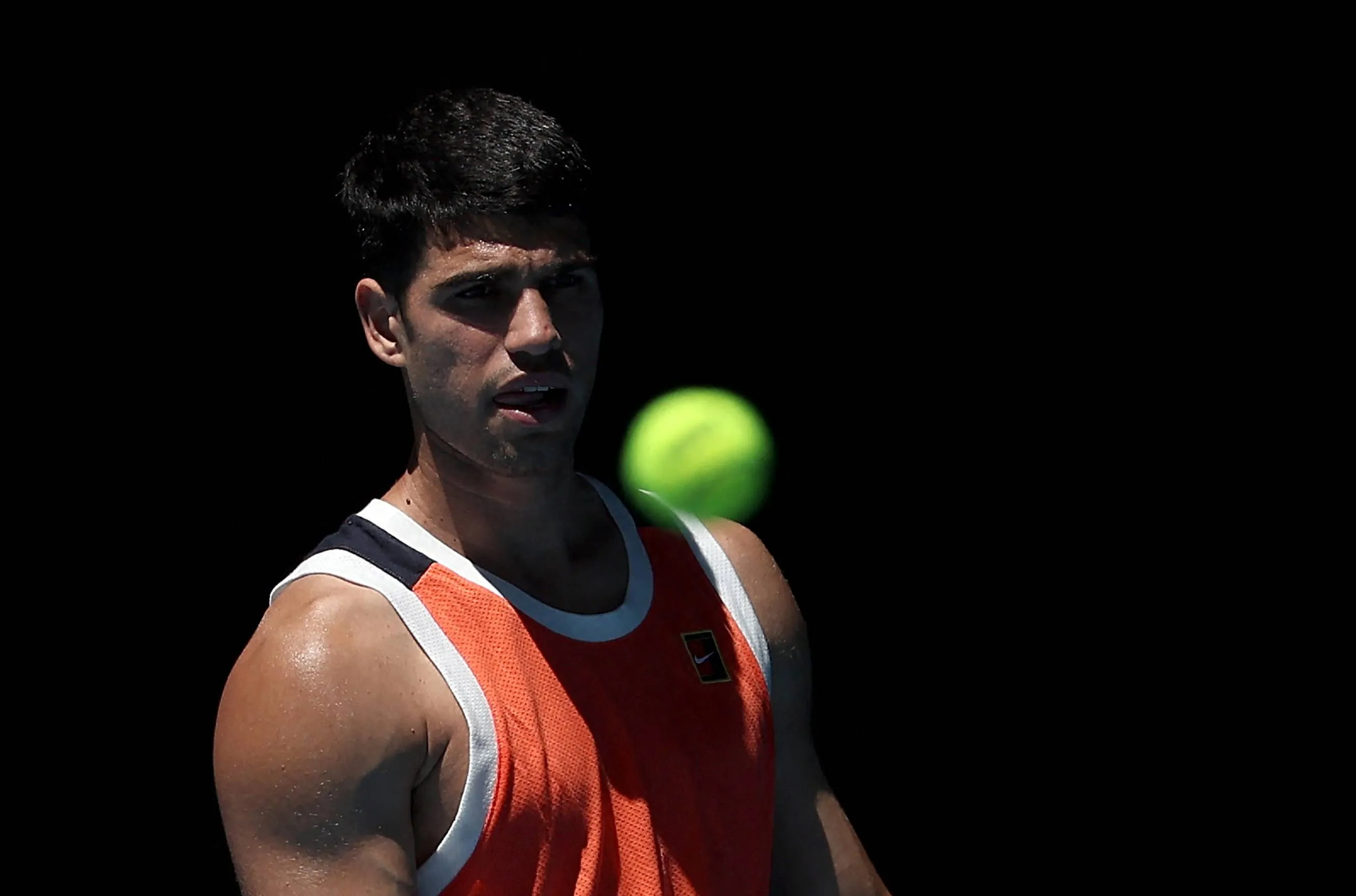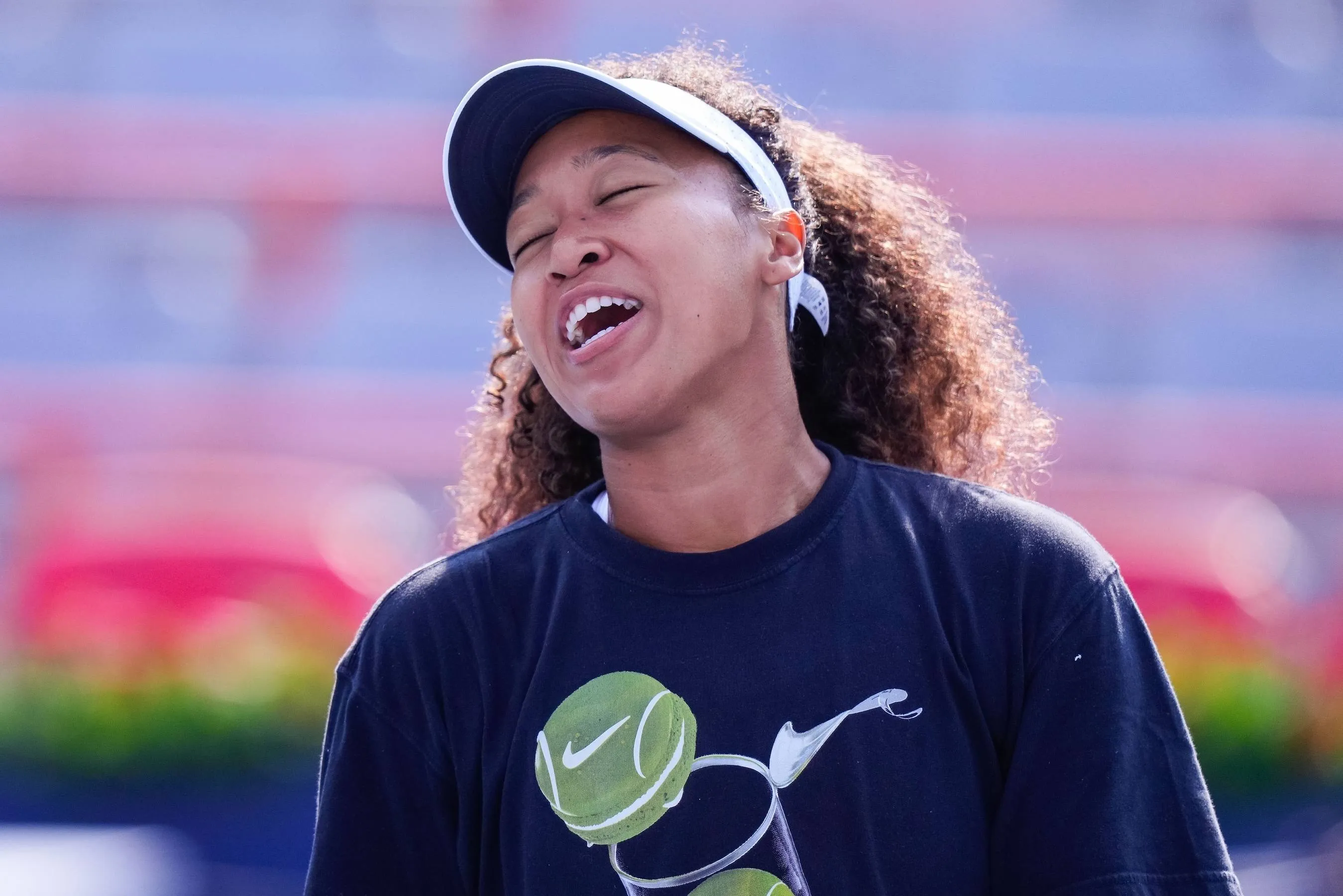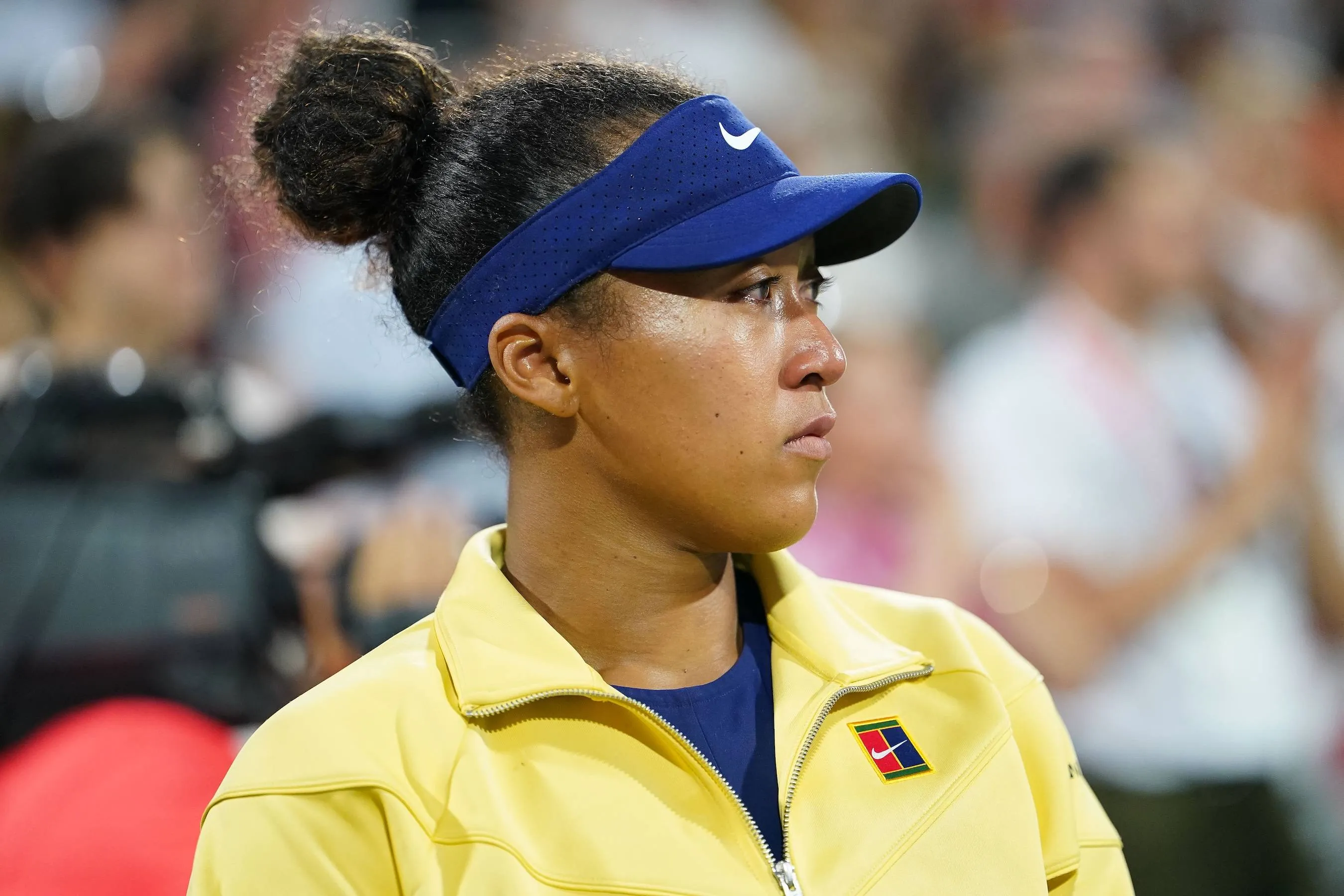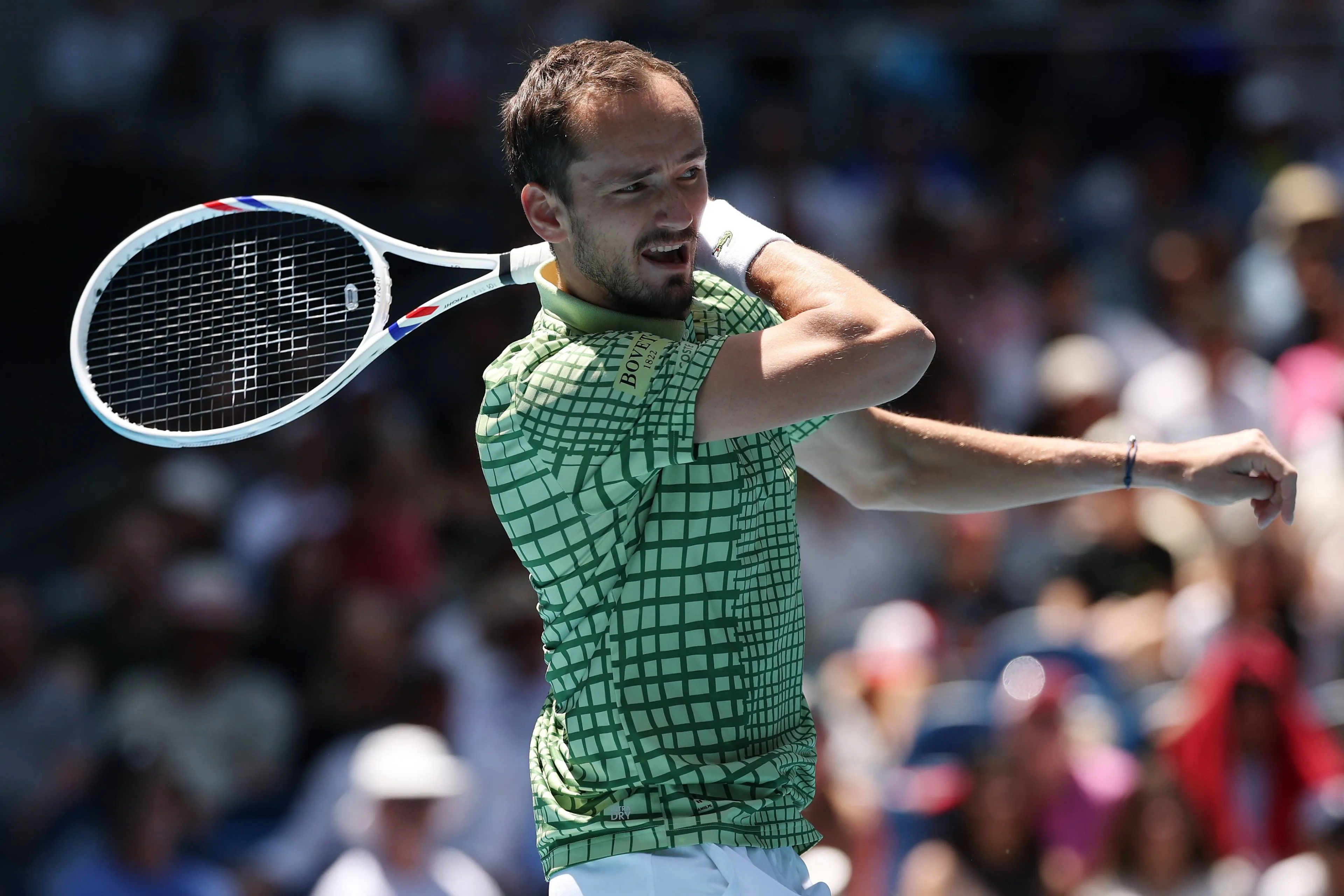Collins Dismisses Claim She's Playing With Freedom Since Retirement Announcement
WTAWednesday, 29 May 2024 at 03:00
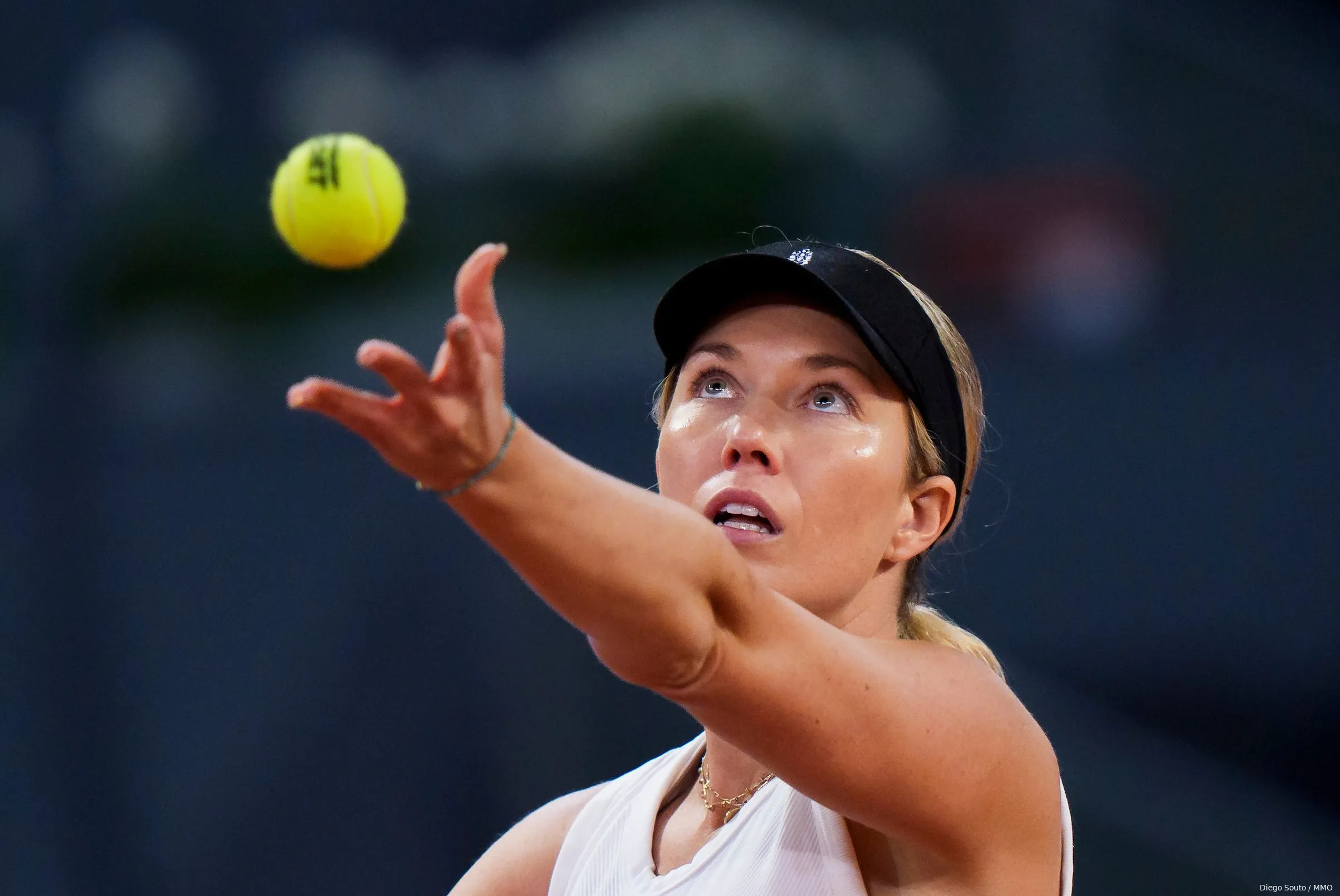
Danielle Collins recently suggested that her purple patch is a by-product of hard work and brushed off claims that she has been playing with freedom since her retirement announcement.
Collins surprised many by deciding to hang up her racket by the end of the season. She informed the tennis world of her intentions shortly after losing to Iga Swiatek in the second round of the 2024 Australian Open.
Since then, the American has won 34 matches on the WTA Tour and headlined three finals. She stunned World No. 4 Elena Rybakina in her home state of Florida to win her biggest career title at the Miami Open at the end of March.
Collins followed it up by winning the Charleston Open a week later and rocketed into the top 20 of the WTA rankings. If onlookers expected a downturn in fortunes once the 30-year-old left her home country, then they were in for a surprise.
The former Australian Open finalist's winning habit continued on the European clay, where she hit double-digit match wins on the surface and contested the Strasbourg final (losing to Madison Keys).
Following her convincing straight-sets win over compatriot Caroline Dolehide at Roland Garros, Collins confessed to being confused by the widespread notion that her run of excellent form was sparked by her retirement news.
Read also
"I'm confused by that. I feel like I've always had a good amount of confidence on the court. I feel like I have provided boring conversations. It's a lot of hard work and figuring things out and figuring out how to make adjustments on your shots and improve little by little technically and tactically and I feel like I keep putting people to sleep with that."
"I think the success over the last couple of weeks and months is a product of things clicking because I have made those improvements. And I noticed that there is not a lot of conversation about what those improvements are."
Collins supported her argument by stating that she turned pro in her advanced years of life and has only been on tour for less than a decade, compared to some younger players who are equally as experienced as her.
It's only at the tail end of her career that she is reaping the fruits of her labor. She firmly believes that success is a process rather than a sprint hence why patience is needed.
"I didn't turn pro until later in life. I have been on tour for six or seven years, right? It takes time. And I don't think a lot of people go into this and have uber-successful careers. There are a few, of course, and that's especially some young ones. But it takes people time to find their groove."
Read also
Loading
